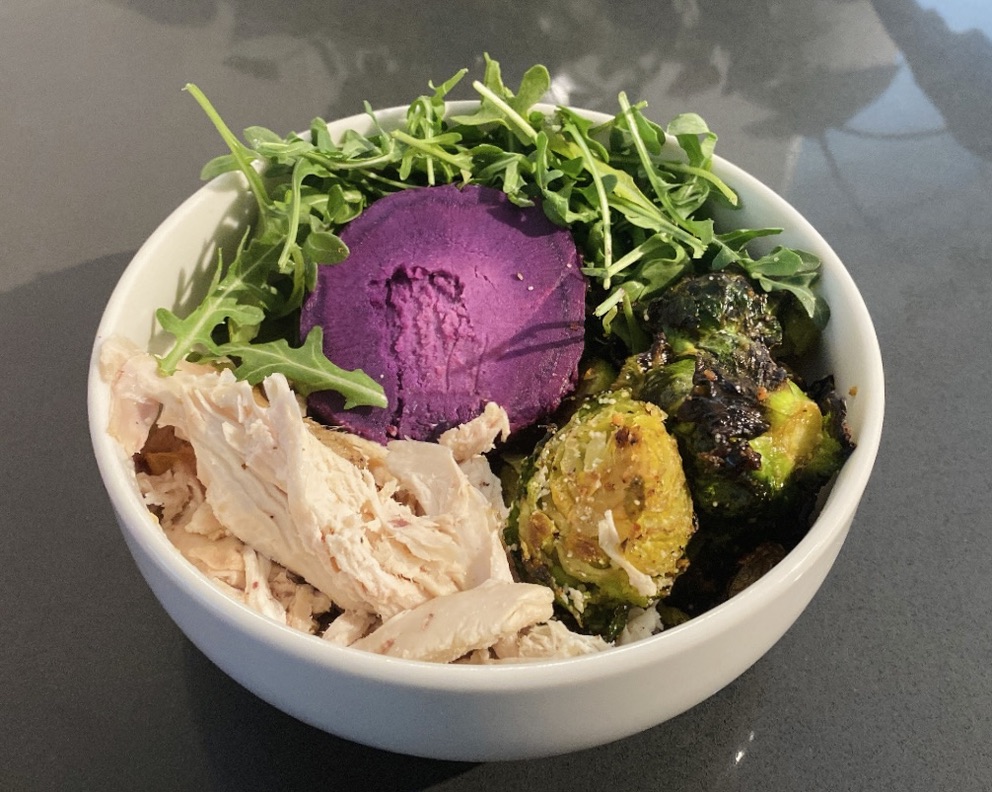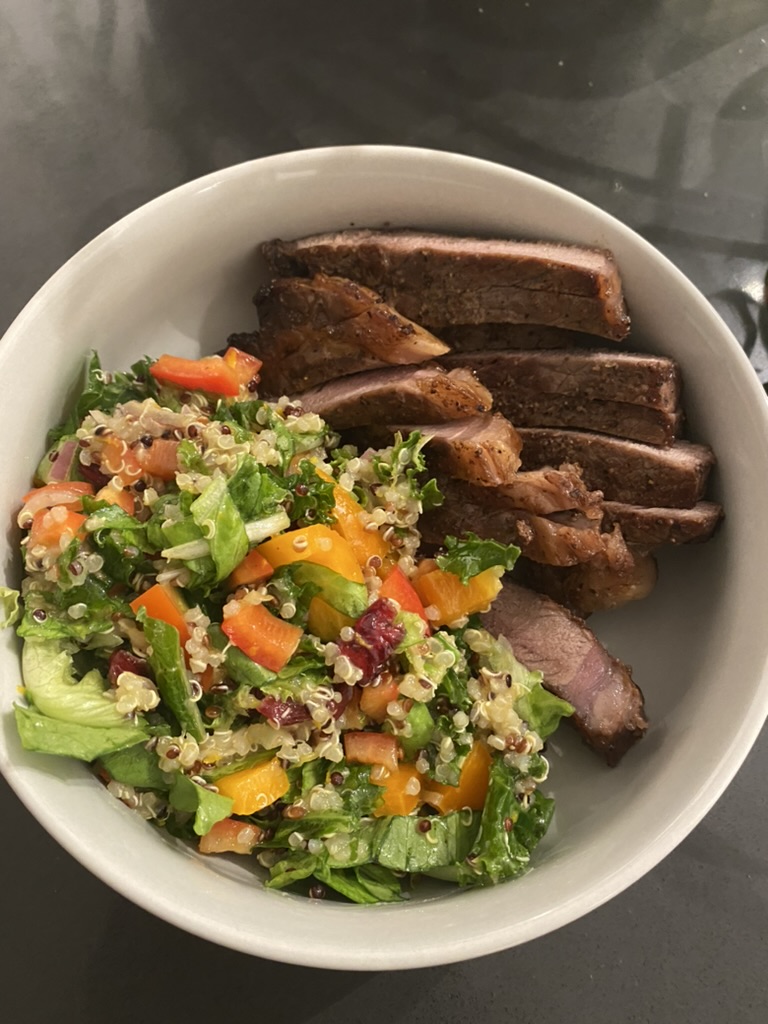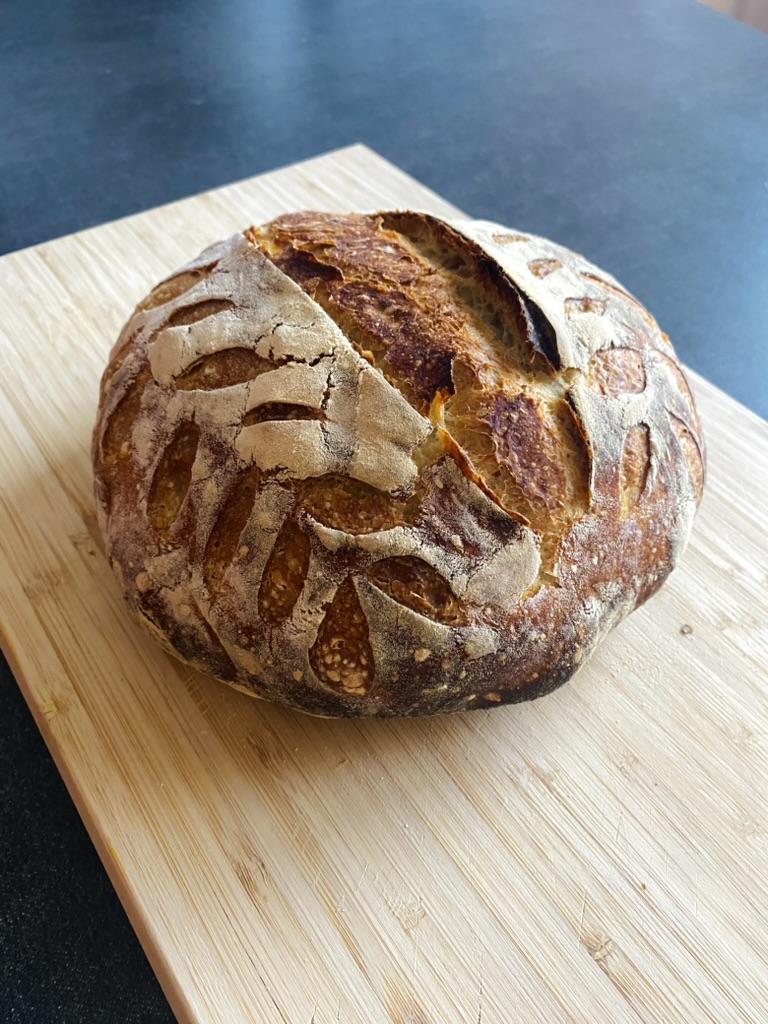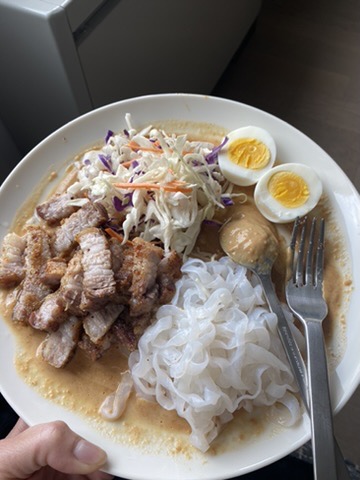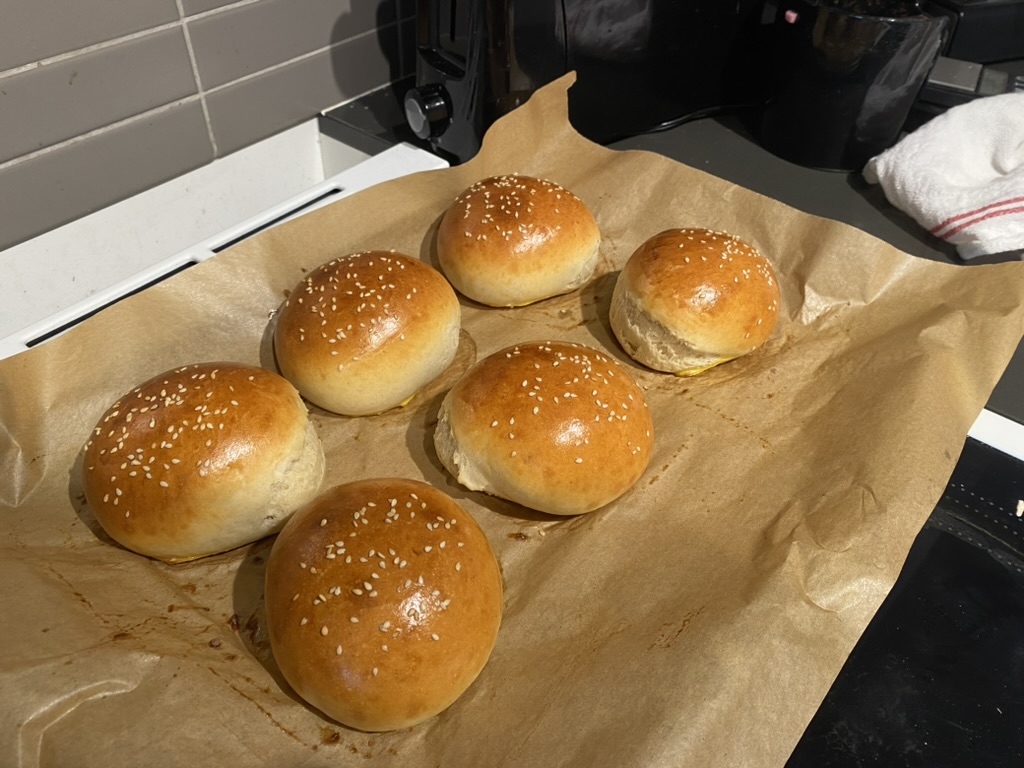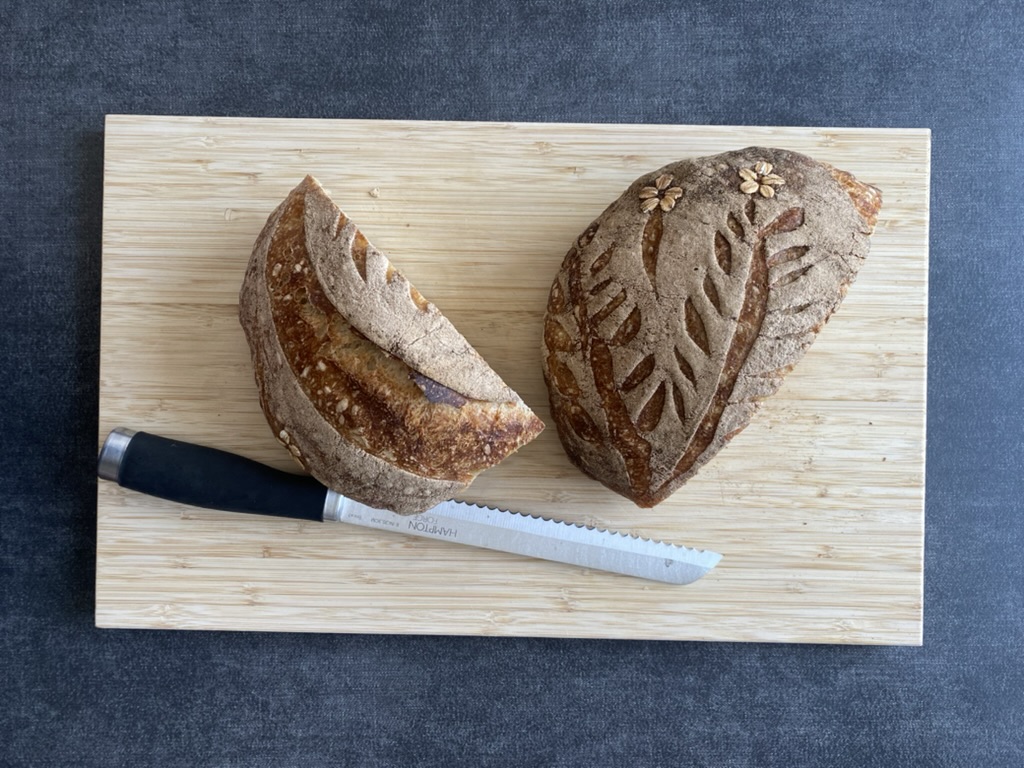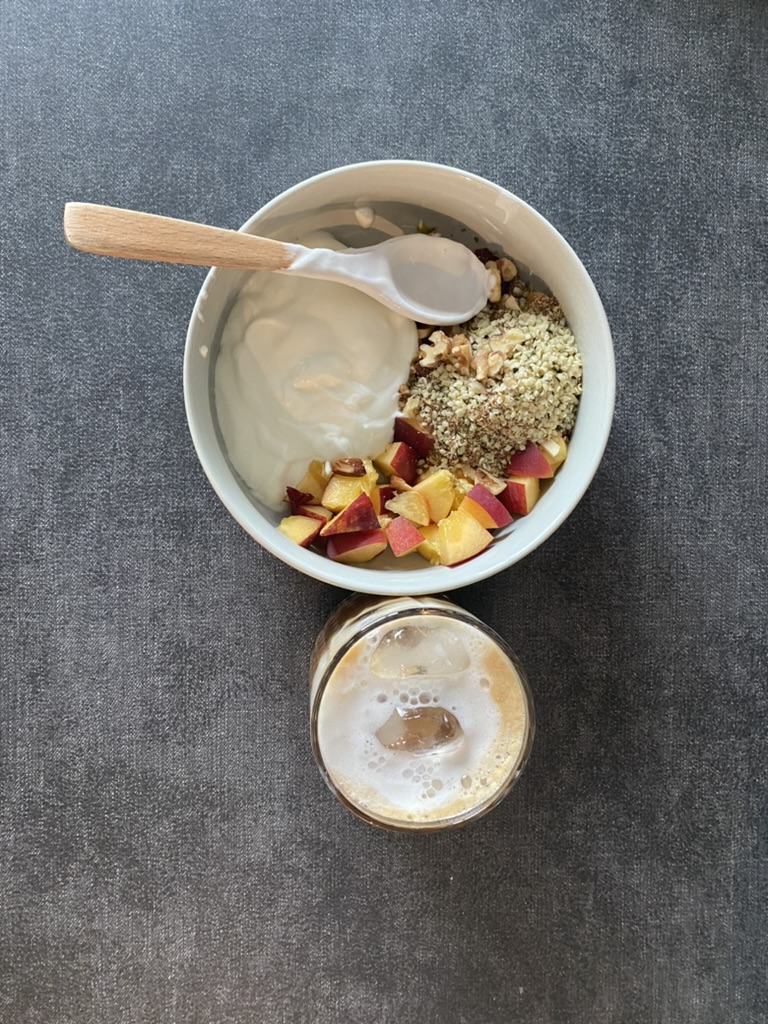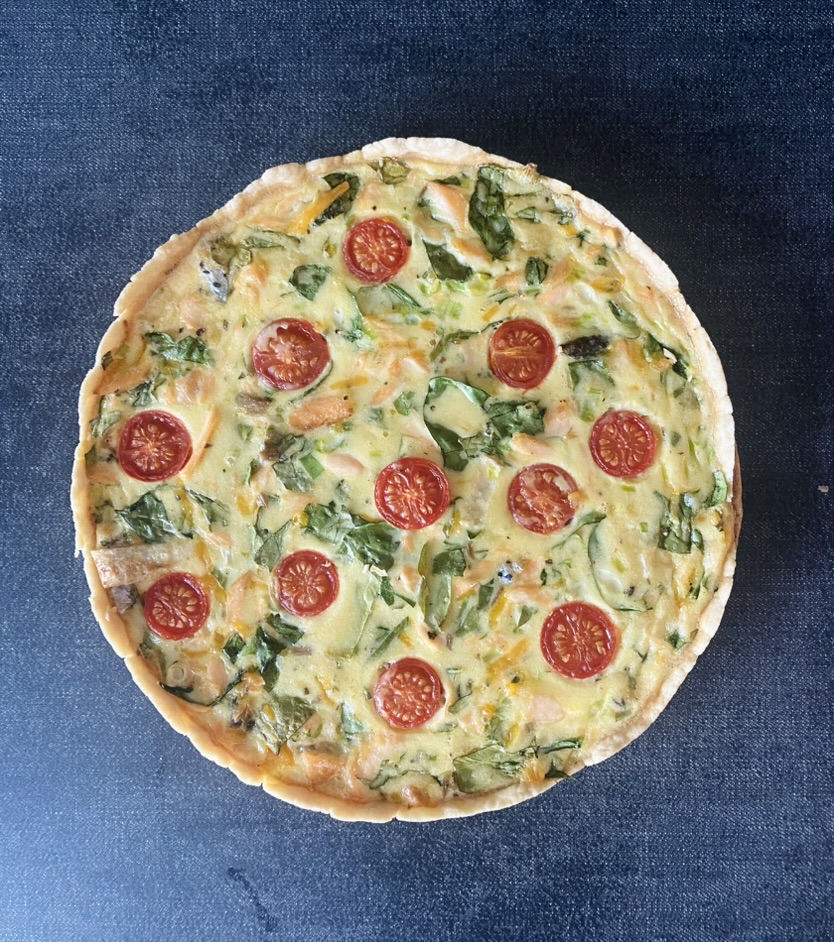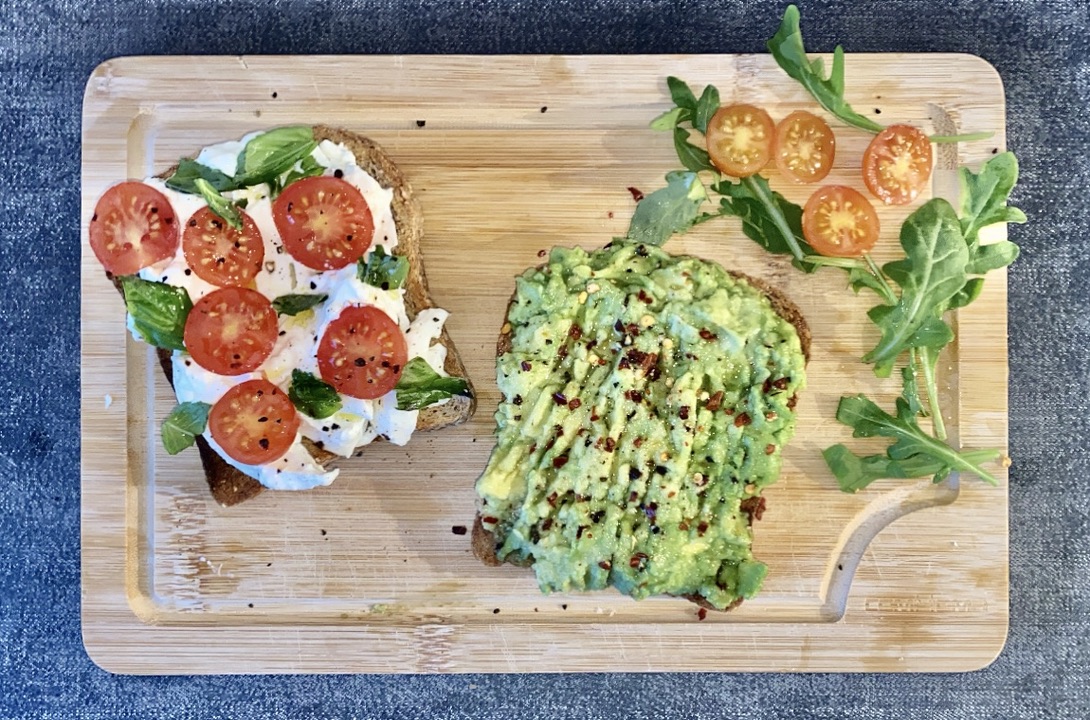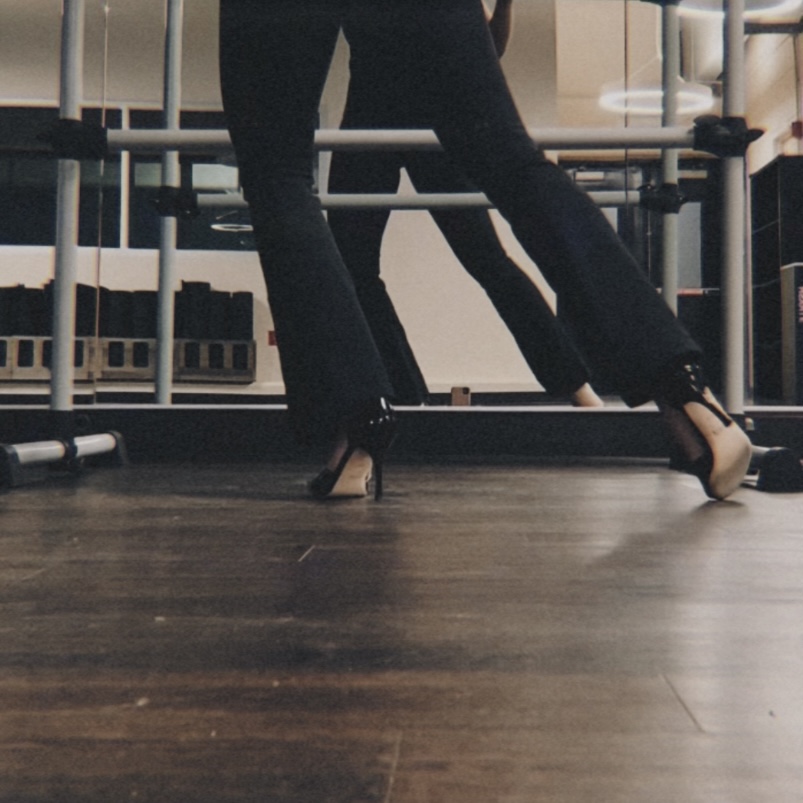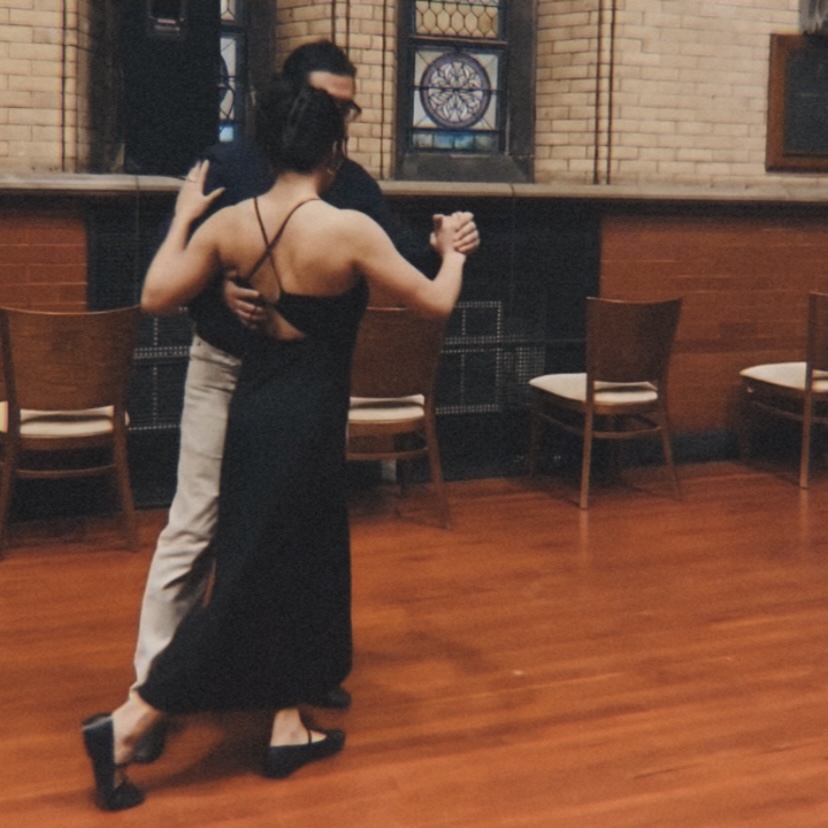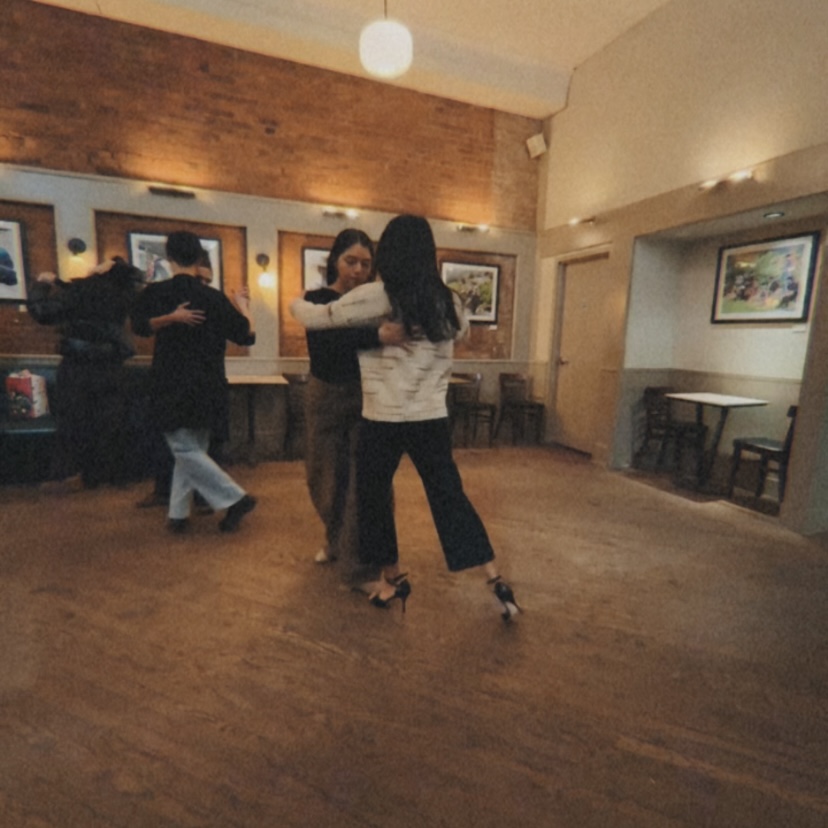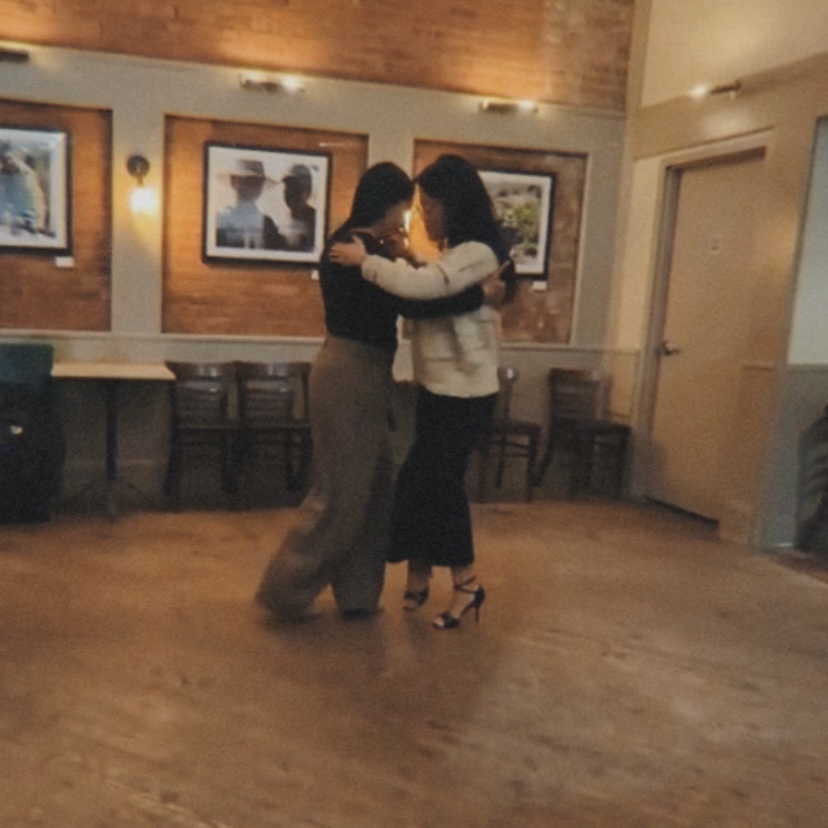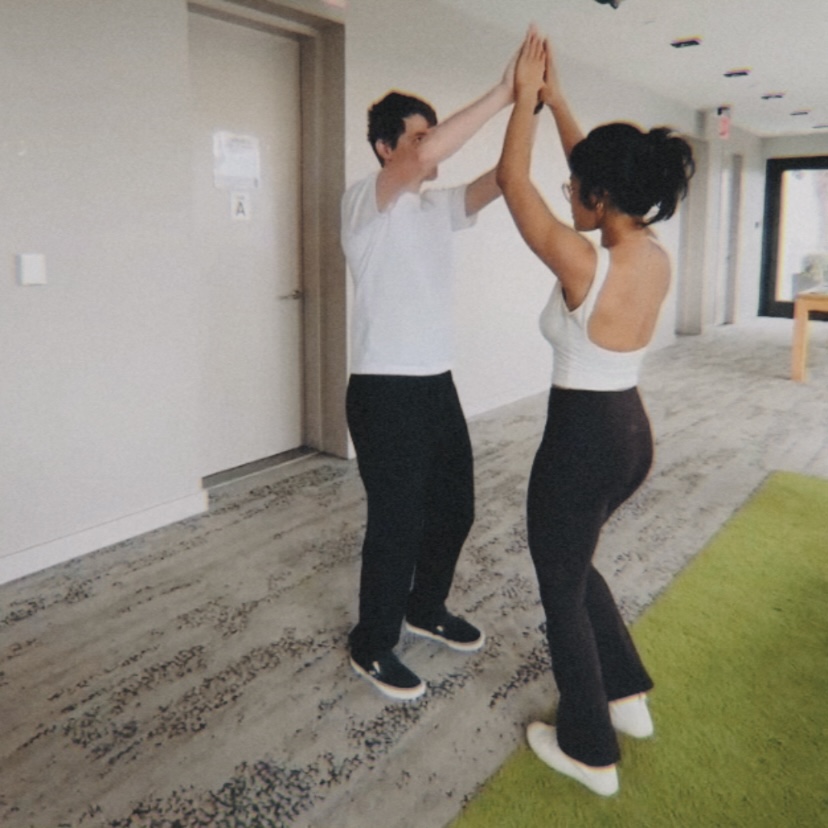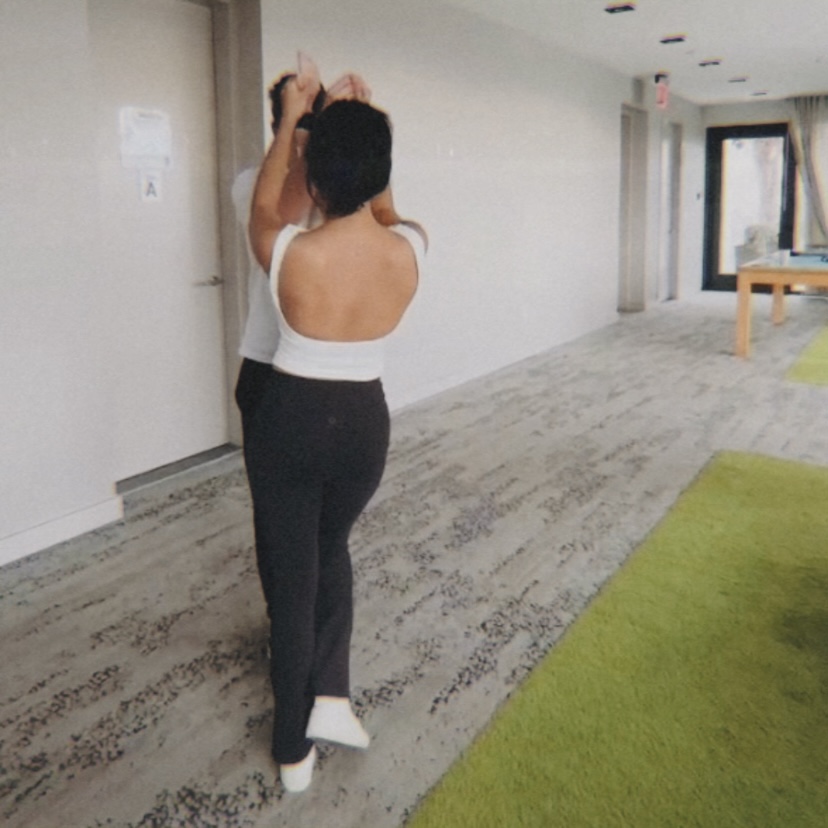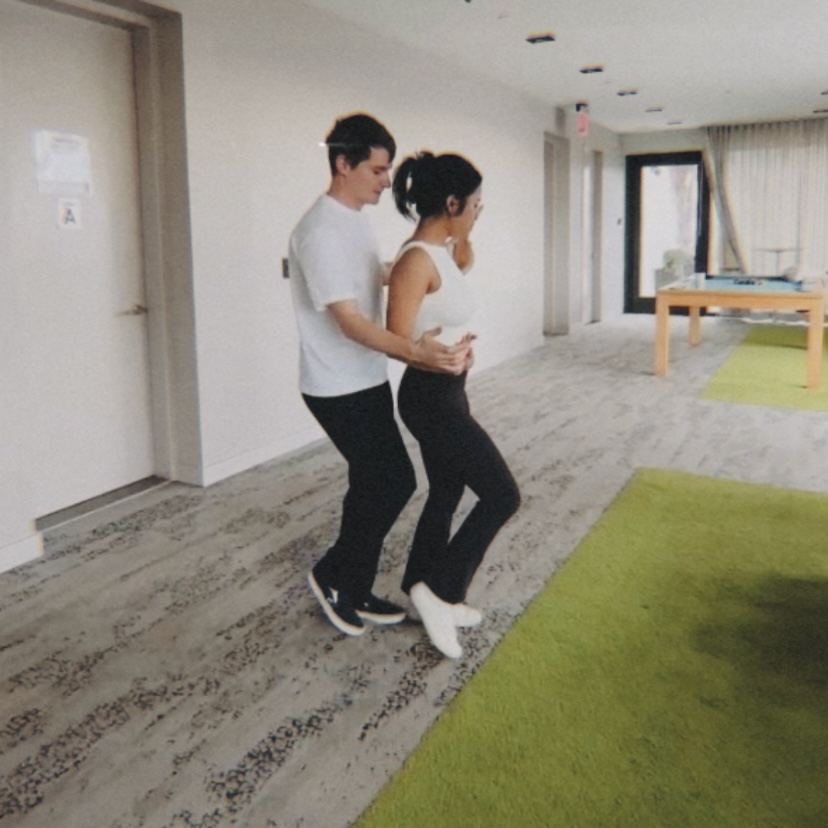Hello, I am Thalia Viranda.
Third-year PhD student in Information Science at Cornell Tech, based in New York City.
 My research sits at the intersection of Human–Computer Interaction, psychiatry, applied AI, and ubiquitous computing to advance mental healthcare. I combine my extensive experience in cognitive neuroscience and clinical research with tools from human-centered computing to design and evaluate human-AI systems that integrate mobile sensor and natural language data to enable adaptive and personalized interventions for mental and cognitive wellbeing. I collaborate with individuals experiencing psychiatric and neurocognitive conditions, their families, and clinicians to ensure that these technologies are person-centered and clinically grounded, and support patient/care partner/clinician collaboration.
My research sits at the intersection of Human–Computer Interaction, psychiatry, applied AI, and ubiquitous computing to advance mental healthcare. I combine my extensive experience in cognitive neuroscience and clinical research with tools from human-centered computing to design and evaluate human-AI systems that integrate mobile sensor and natural language data to enable adaptive and personalized interventions for mental and cognitive wellbeing. I collaborate with individuals experiencing psychiatric and neurocognitive conditions, their families, and clinicians to ensure that these technologies are person-centered and clinically grounded, and support patient/care partner/clinician collaboration.
Mental health challenges are lived experiences that shift moment-to-moment and take on a different shape in every person. Yet much of care still relies on what someone can remember about days or weeks of experience, often reduced into a symptom checklist. This approach can unintentionally limit the scope of care and make personalized support more difficult. I am interested in how technology like mobile sensors and large language models might help bridge these informational gaps (safely and effectively). This way, patients and clinicians can better understand what life actually looks like between sessions without adding significant burden or replacing the human work of therapy. The hope is simple: to weave personalized care into everyday life so people can stay supported and engaged even when they are far from the clinic.
This work grows from the incredible mentorship of Profs. Tanzeem Choudhury, Deborah Estrin, and Nicki Dell, along with the support of many wonderful . My work is supported by the National Institute of Health (National Institute on Aging), the Digital Life Initiative (DLI) Doctoral Fellowship at Cornell Tech, and Microsoft's Agentic AI Research and Innovation Initiative.
- Sara Czaja, PhD, Walter Richard Boot, PhD at Weill Cornell Medicine
- Andrea Cuadra, PhD at Olin College of Engineering
- Petr Slovak, PhD at King's College London
- Laura A. Berner, PhD at the Icahn School of Medicine at Mount Sinai
Thrilled to share that our project with Drs. Dan Adler and Tanzeem Choudhury on safer, clinically grounded AI for mental health care has received $270,000 in funding through Microsoft’s Agentic AI Research and Innovation Initiative.
I am co-organizing the 10th Mental Health Workshop at Ubicomp 2025 in Helsinki, Finland on 10/13/25. We are focusing on "Mental Health : From Research to Practice in Mental Healthcare." I won’t be able to attend in person this year, but if you’ll be in Helsinki, I’d love for you to join the conversation on how the ubicomp community can help bridge the gap between research and practice in mental healthcare.
Honored to receive the 2025–2026 Digital Life Initiative (DLI) Doctoral Fellowship at Cornell Tech to support my research at the intersection of technology, ethics, and mental healthcare.
Participated in the “Designing Technologies for Older Adults with Cognitive Impairments” Workshop led by Drs. Czaja and Boot at CREATE, Weill Cornell Medicine.
Our BreathePulse paper is officially published! Personalized pulsing airflow from a laptop-mounted fan, synced to breathing rate, can encourage slower, deeper breathing during stressful tasks. Learn more here.
Qualitative work led by Dan Adler advocating for sensing-based symptom measurement in mental health treatment is now published.
Co-first-authored work with Tan Gemicioglu and Yiran Zhao on BreathePulse—the first airflow-based breathing guide—accepted to IMWUT (December 2024 issue).
Work led by Saif Mahmud, MunchSonic: Tracking fine-grained dietary actions through active acoustic sensing on eyeglasses, has been published.
Study led by Dan Adler on challenges of generalizing ML-based mental health risk and symptom detection, advocating for “actionable sensing,” accepted to IMWUT (December 2024 issue).
Paper led by Saif Mahmud on active acoustic sensing for fine-grained eating-related activity detection, MunchSonic, accepted to ISWC 2024. Grateful to contribute.
Co-first-authored work with Yuewen Yang on language models and psychotherapy was presented at CHI 2024 in Hawai‘i.
Published our paper on how trust in bodily signals affects emotion regulation and eating behaviors in bulimia nervosa. Read it here.
Paper “Evaluating the Predictions of an Interoceptive Inference Model of Bulimia Nervosa” accepted for publication in the Journal of Eating Disorders.
Co-first-authored late-breaking work with Yuewen Yang on how language models can augment psychotherapy accepted to CHI Extended Abstracts 2024.
Started my PhD in Information Science at Cornell Tech in New York City with Prof. Tanzeem Choudhury and the People-Aware Computing lab.


